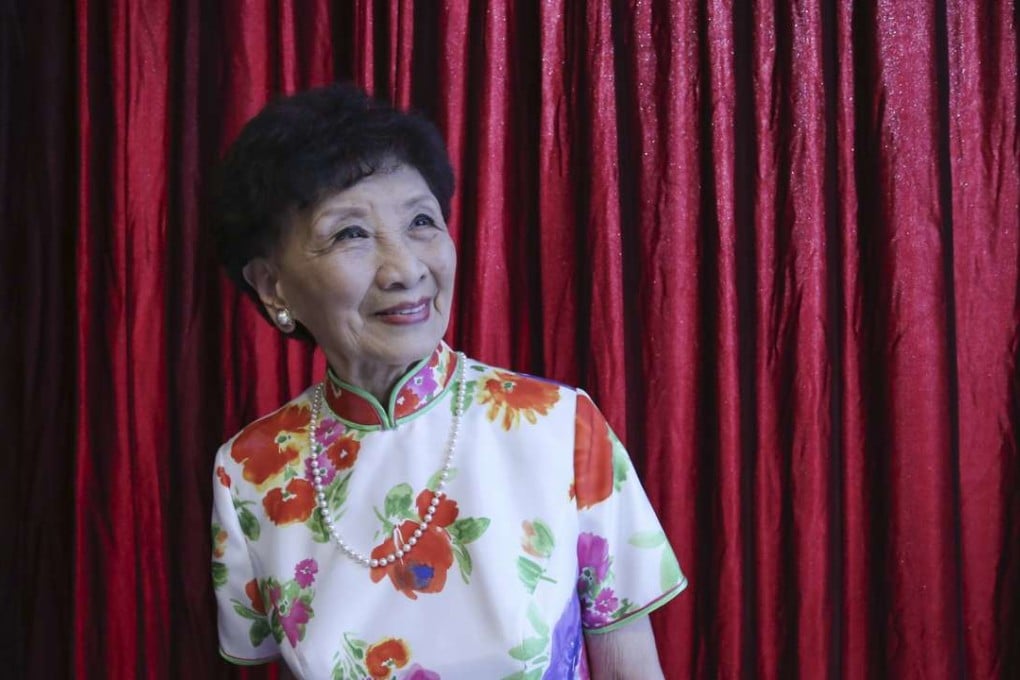Advertisement
Hong Kong soprano and Allegro Singers founder Barbara Fei Ming-yi dies at 85
She was a cultural trailblazer and instrumental in uniting circles of Chinese music around the world
Reading Time:2 minutes
Why you can trust SCMP

The city has lost a musical luminary with the passing of Barbara Fei Ming-yi.
The renowned soprano and founder of choral group Allegro Singers, which groomed generations of choristers, passed away on Monday night at the Hong Kong Sanatorium and Hospital.
Advertisement
She was 85 and is survived by two sons.
Chief Executive Leung Chun-ying expressed his “profound sadness” and said Fei “contributed her expert knowledge to the government in formulating policy on music promotion as well as other arts and cultural matters”.
Advertisement
Undersecretary for Home Affairs Florence Hui Hiu-fai told the Post: “Every time we met she would generously share thoughts on music and arts development, especially for our young people. She was a treasure and will be dearly missed.”
Advertisement
Select Voice
Select Speed
1.00x